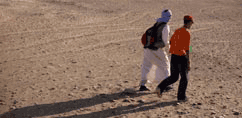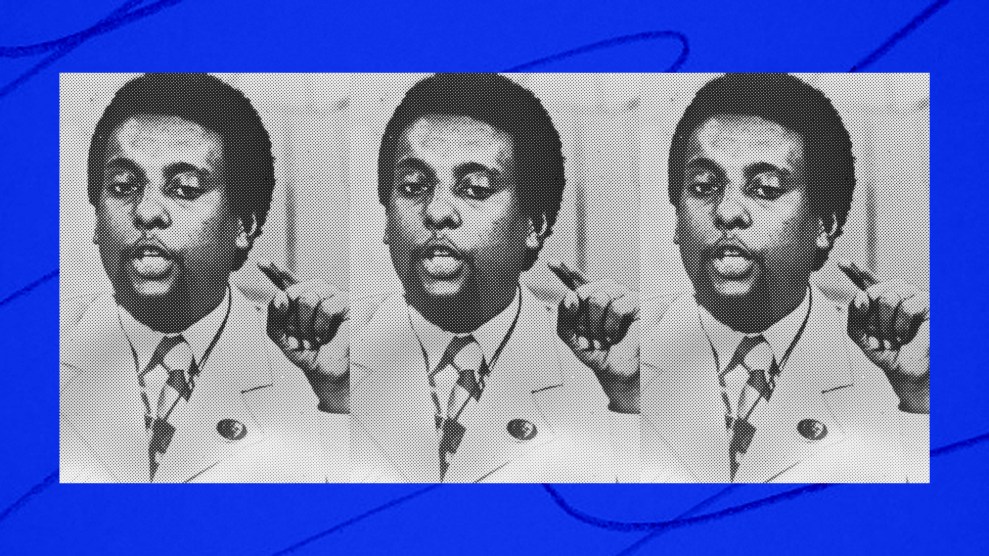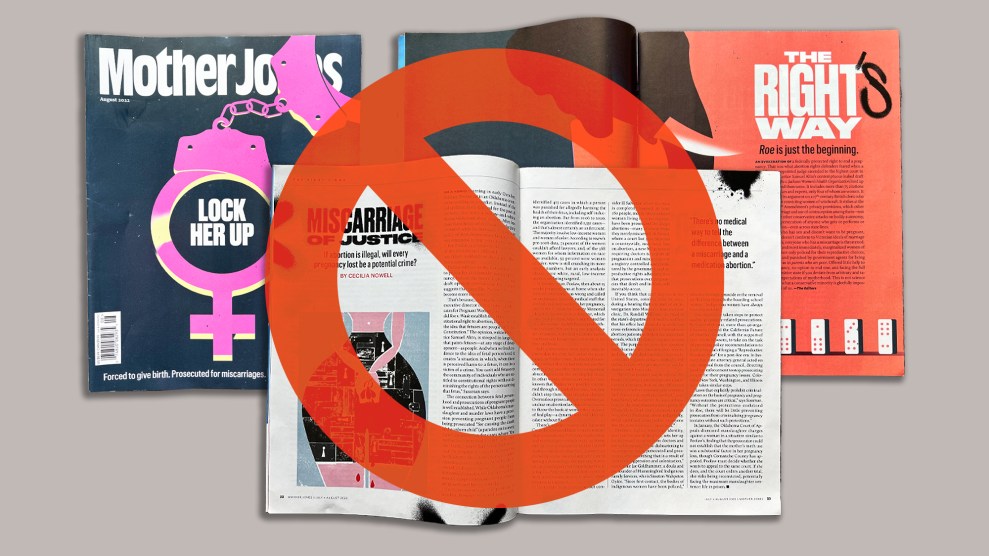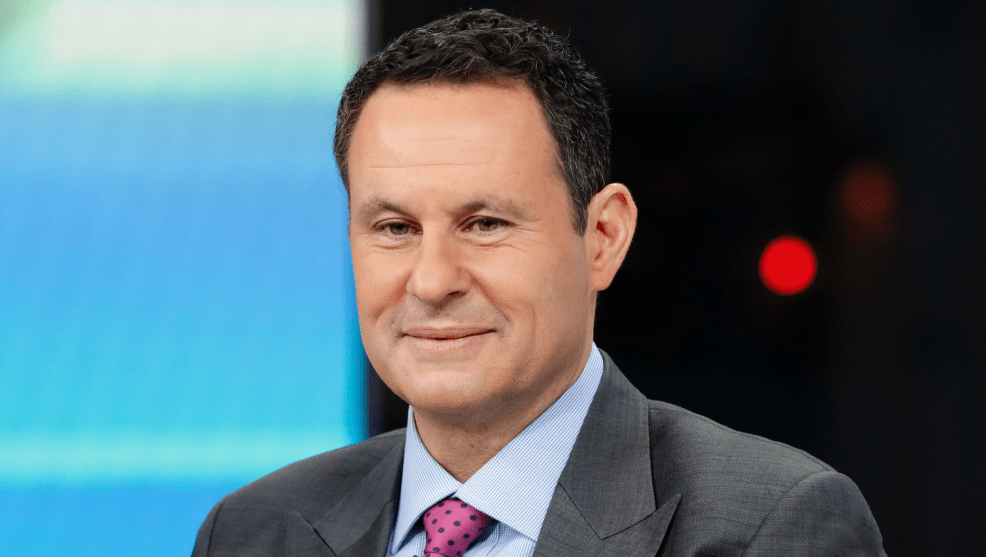
PBS describes its 12-hour miniseries “America at a Crossroads” as a “major public television event,” which is probably, unfortunately, true. Probably, because millions of viewers are tuning in. It’s unfortunate because of the series’ capacity to shape and skew national, political discourse about our relationship with the Middle East.
Hungry for answers, America has been waiting for a project like this – a wholesale review, in living color, that lays bare our global struggles since 9/11. It’s a lofty endeavor, and Crossroads doesn’t quite pull it off.
The series, which began airing Sunday and runs through tomorrow (check your local listings for show times), doesn’t delve into where America goes from here, from a defined “crossroads” or critical moment. Instead, it frames dense subjects like terrorism, jihad and Islam, and diverse, complex groups of people like Muslim and Arab Americans, as well as the larger history of the Middle East through a monolithic, U.S.-centered lens that seems to be posing as its central question, “Why is this all happening to us?”
Let’s give credit where credit is due. There’s a huge amount of information found in these episodes, and some segments pull the viewer in close to what is often distant. We hear from the big guns: the Department of Homeland Security, former U.S. deputy attorney generals, the National Security Agency, the FBI, the Muslim Brotherhood; and from the smaller guns: folks from the Library Connection (a Connecticut group that fought wiretapping), the ACLU, university professors, historians, reporters and the Council on American Islamic Relations.
There are bold moments: Cameras take viewers to Hamburg, Germany as investigative reporters waltz right up to suspected al Qaeda operative Mamoun Darkazanli’s apartment, ring the doorbell and request an interview (he declines). Reporters travel to Switzerland to investigate the Al Taqwa bank (an alleged supply center for radical militant groups) and nab an interview with founder Youssef Nada, who condemns terrorism but says his role is to help assist the establishment of an Islamic state for the whole world, wherever he can.
Other moments are odd. The “Operation Homecoming: Writing the Wartime Experience” episode tells the story of American soldiers through candid interviews, journal entries and poems. It’s like watching a slick, independent film complete with hip animation, background music, artistic lighting and photography. Bullets come flying out of automatic weapons in slow-motion. Close-up shots of soldiers’ piercing eyes convey inner turmoil. I forgot for a minute what the hell I was watching, came to, and then skipped ahead.
Some segments are quite earnest. Reporters pace around in their office, digging through documents, trying to make connections between financiers and groups like Al Qaeda. Soldiers talk openly about the horrors of war and how they’ve coped with the process of coming home. Muslim Americans talk about being ostracized at mosques, airports and at their homes after 9/11, and government officials squirm to explain why.
Overall I just wasn’t convinced that these 11 episodes can offer the kind of meaty, critical analysis of the Bush Administration or America’s decades-old foreign policy in the Middle East that we clearly need in order to have an informed dialogue that would truly put us at a crossroads in American history.
Regrettably, I have not seen “The Case for War: In Defense of Freedom,” an episode featuring Richard Perle, former assistant secretary of Defense under Reagan and a chief White House proponent of the Iraq War, traveling the globe defending an assertive American foreign policy. Salon dissects this and other episodes at length and Newsweek gives the episode, and the series, a pat on the back (two Newsweek reporters are featured in the series).
The project’s $20 million budget seems excessive. With that much to play with, “Crossroads” should be an epic. It is gigantic, and thought-provoking. It’s also tame and mainstream, and its message—full of generalizations and bland, common statements about terrorism and Islam—is simplistic at best. It seems we’re not at the crossroads just yet.






